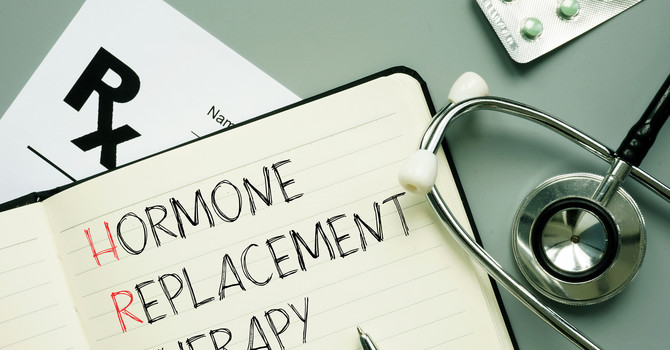Are you ready to turn back the clock and get back to your old self?
Perimenopause
Irritable, weight gain and night sweats....sound familiar?
As your fertile window starts to close, symptoms of perimenopause can begin. This might occur in your early or mid-40s. Without a strong ovulation, we become more estrogen dominant which can led to symptoms of feeling "blah" and irritable. It becomes harder to lose weight as our metabolisms slow down. You might find yourself soaking the sheets at night and not at all interested in sex. In the office, we will talk about your symptoms, run labs and make a plan. Treatment for perimenopause often includes progesterone and/or testosterone replacement to help offset the symptoms. There are a variety of replacement options including herbal supplements, topical hormone creams, sublingual tabs or oral capsules to help fix the problem.
Menopause
No sex-drive, belly fat and hot flashes. Is this really happening?
Menopause is when your ovaries shut down for good leaving you deficient in all hormones: progesterone, estrogen and testosterone. Women often complain of the classic hot flashes and night sweats, sleeping issues, lack of libido and weight gain. Vaginal dryness, heart palpitations, anxiety and depression might also occur. During our office visit, we will determine if you are an appropriate candidate for hormone replacement as well as the risks/benefits of taking them. For most women, hormone replacement is an excellent idea not only to address your symptoms, but also to help maintain bone density, decrease the risk of dementia and protect your heart!
Low Testosterone
Hey guys, I'm talking to you!
Testosterone naturally declines in men starting in your 30s-40s. Depending on other factors including percent body fat and muscle mass, baseline metabolic rate, stress and genetics, the rate of decline can vary. Symptoms of low T include erectile dysfunction, low libido, fatigue, difficulty gaining muscle and losing fat. Testosterone replacement therapy (TRT) may be a great option for some men and can be administered in a variety of ways. The most common treatment is weekly home testosteorne injections. Testosterone levels are monitored regularly and other therapies may be combined with TRT to address all of your symptoms.

